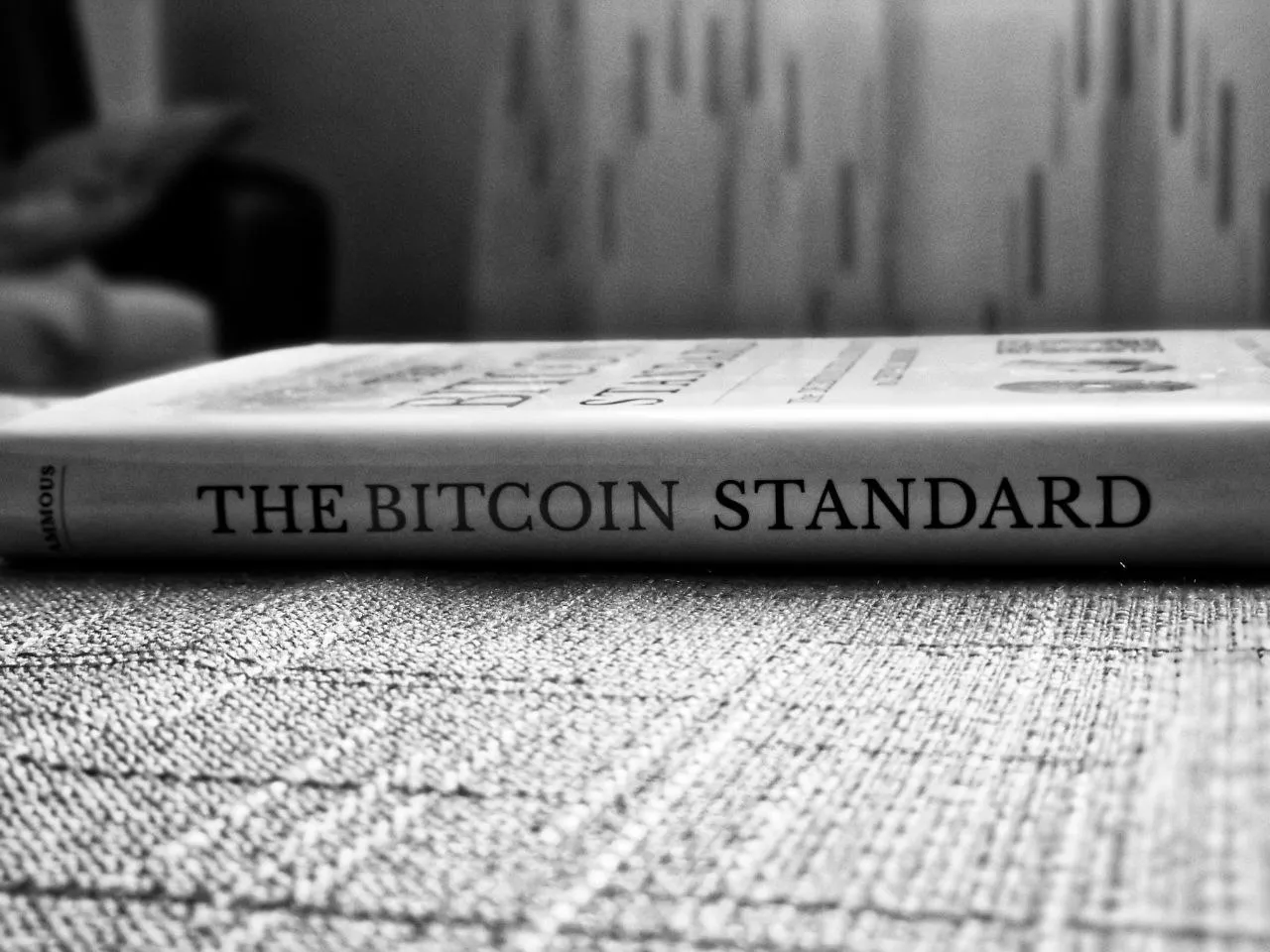Cash is gradually losing ground when it comes to payments, and to some extent, this is the natural path for a modern society stepping into the digital age at a rapid pace. Just as paying with credit in the early '90s was once unconventional, using crypto for everyday purchases is still a bit unusual these days.
I frequently use crypto to pay for groceries and other cashless transactions. However, I'm not directly spending any cryptocurrency; I'm using stablecoins to make these payments. The VISA card I use, issued by Binance, converts my crypto into cash and then facilitates my payments.
Arthur Hayek, one of the greatest economists to have ever lived, once said that money is one of the few things specific to the human species that has evolved so little throughout history. Coins and banknotes have been around for ages and don't seem likely to go extinct anytime soon.
In 2009, Satoshi Nakamoto, the creator of Bitcoin, introduced a brilliant alternative to the current monetary system: a peer-to-peer decentralized money transfer network. However, 14 years after the Bitcoin network was launched, we still haven't witnessed the mass adoption Satoshi envisioned.

The only significant example of Bitcoin being used as envisioned is El Salvador, which made Bitcoin legal tender about two years ago, a few months before Bitcoin's value peaked at $69,000. Other than that, Bitcoin is still primarily seen as a unique digital asset rather than a simple internet currency serving the purposes Nakamoto intended.
Excluding the Lightning network, Bitcoin isn't even capable of handling the daily transaction volume that VISA or Mastercard manage. However, neither VISA nor Mastercard can perform the functions that Bitcoin does. When it comes to traditional cash and payments, the centralized authorities that govern them can exert control over those networks at any time.
Not long ago, during the Canadian truckers' protests against totalitarian COVID measures, the only way authorities could attempt to stop them was by freezing their accounts. Bitcoin came to the rescue, with the truckers receiving Bitcoin donations. However, to use that Bitcoin for everyday purchases, they had to exchange it for physical cash.
Currently, there are no signs of Bitcoin becoming a globally accepted payment currency. But will it ever become a currency? Yes and no.
As history has shown, in times of trouble, alternative forms of cash become essential, and that's when Bitcoin shines. However, as long as the conventional financial system remains stable, most Bitcoin users and holders are not inclined to use it as a currency—unless circumstances deteriorate significantly, as in Turkey with soaring inflation or in Argentina.
Countries facing severe financial conditions will be the early adopters of cryptocurrencies. Yet, it's important to remember that crypto isn't just about Bitcoin. The demand for stablecoins is on the rise.
VISA and PayPal have hinted at the mass adoption of stablecoins as forms of payment, and Elon Musk has also suggested that X (formerly Twitter) will become a major player in the financial world by introducing money transfer and payment options in the near future. X has recently obtained a license for handling crypto, signifying a departure from traditional approaches to payments.
HBD of Hive is also a viable candidate for alternative forms of money within the current system. There are already some locations in Cuba accepting both HIVE and HBD in exchange for goods and services. However, as with credit in the early '90s, the acceptance of crypto as a form of payment will initially be met with hesitation and skepticism.
The way governments and central banks handle economic data in the coming years will likely drive the demand for cryptocurrencies to be used as actual money beyond our current expectations. For now, we're off to a slow start, and it's doubtful that Bitcoin will become a currency anytime soon, unless a world-altering event like WW3 occurs. What are your thoughts on this?
Thanks for your attention,
Adrian
